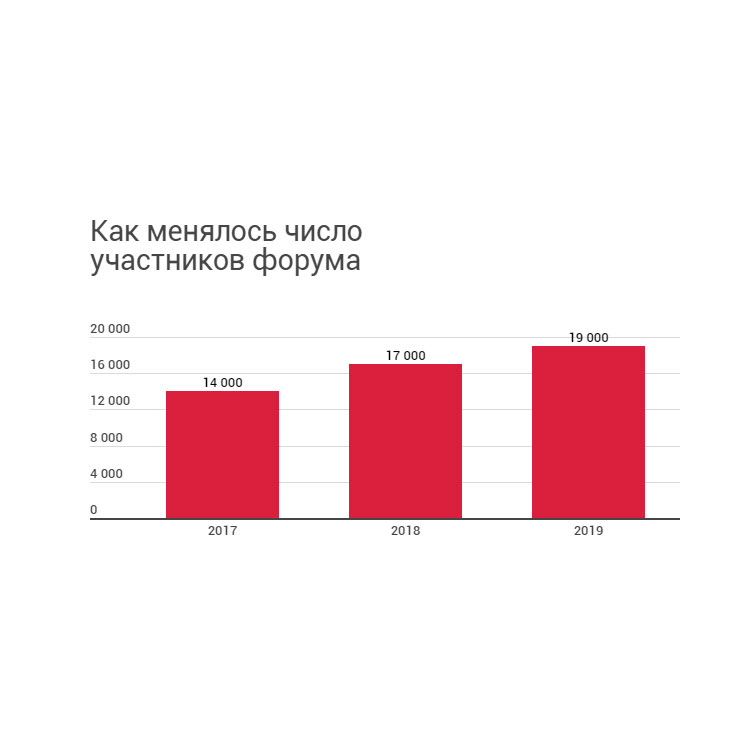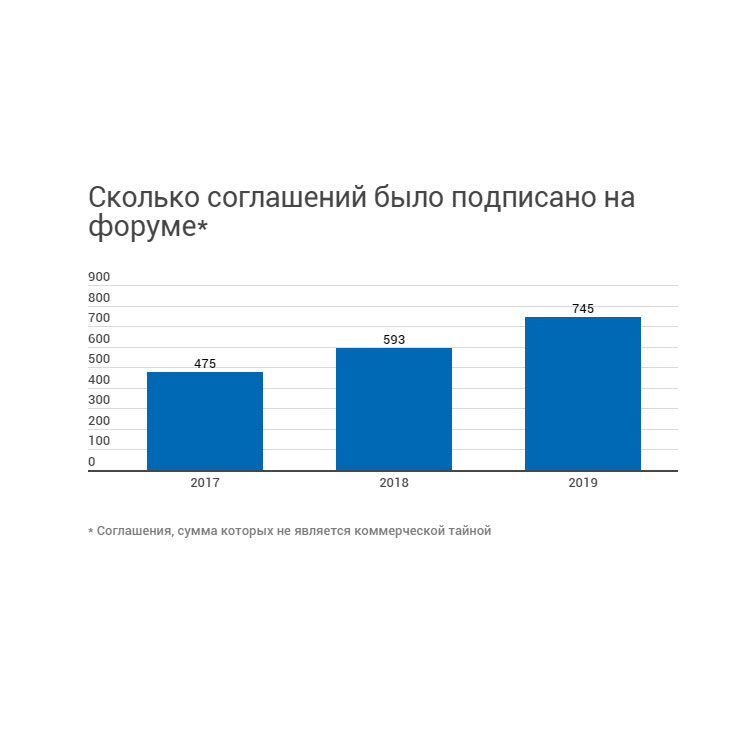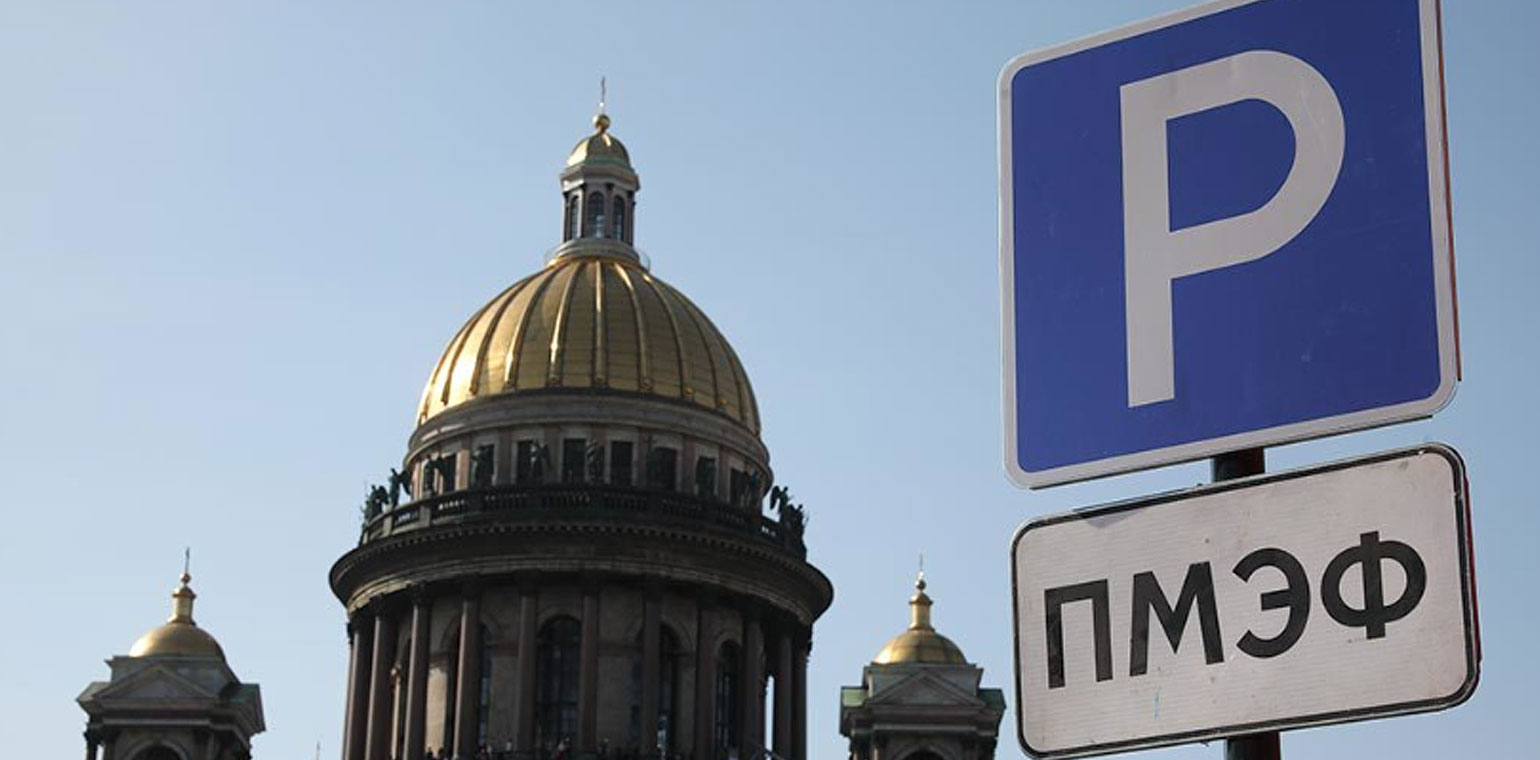Business will not receive billions due to the cancellation of the St. Petersburg Economic Forum
Pavilion builders, hotels and restaurants will suffer the most. Business will not receive billions of rubles due to the cancellation of the St. Petersburg Economic Forum. Last week, First Deputy Prime Minister Andrei Belousov, who heads the organizing committee of the St. Petersburg International Economic Forum (SPIEF), announced that this largest public event will not take place in 2020. The reason for the cancellation is the threat of the spread of coronavirus. (As of March 9, the number of cases in the world exceeded 110,000 people, the number of deaths is approaching 3,900.) Epidemiological security can cost developers and the city's hospitality industry billions of rubles.


Last week, First Deputy Prime Minister Andrei Belousov, who heads the organizing committee of the St. Petersburg International Economic Forum (SPIEF), announced that this largest public event will not take place in 2020. The reason for the cancellation is the threat of the spread of coronavirus. (As of March 9, the number of cases in the world exceeded 110,000 people, the number of deaths is approaching 3,900.) Epidemiological security can cost developers and the city's hospitality industry billions of rubles.
SPIEF has been held since 1997, it is being canceled for the first time. In 2019, it gathered more than 19,000 participants from 145 countries, over 700 agreements totaling 3.3 trillion rubles were signed at the event.
The 2020 forum was supposed to be the first for the government of Mikhail Mishustin — as well as smaller investment forums in Sochi, Krasnoyarsk and Yalta, which have been postponed indefinitely.
Pavel Muzychenko, chairman of the Moscow "Business Russia" committee on congress and exhibition activities, says that companies building exhibition stands have lost from the cancellation of business forums. "SPIEF allows you to get additional money, at the expense of which you can cover many expenses, including saving up for tax payments," says Ivan Nikolsky, managing partner of the Exponic exhibition marketing agency. The stands of the most expensive pavilion of the St. Petersburg Forum cost tens of millions, Muzychenko said. "We will miss about 70 million rubles, which is about 30% of the company's revenue," says Nikolsky. And in general, the lost income from the cancellation of the forum for the developers' market may amount to more than 3 billion rubles, he shares calculations: although so far the money has been spent directly only on the work of designers and managers to prepare documents for tenders. Someone may even go bankrupt, complains Muzychenko.
The cancellation of the forum will be a severe test for the entire hospitality industry, says Alexander Markov, director of the Federation of Restaurateurs and Hoteliers of St. Petersburg.
This is a blow to the gut of the local hotel market, says Stanislav Ivashkevich, owner of the Ivashkevich Hospitality management company: despite the fact that local authorities strictly regulate prices during the forum, most hotels still receive monthly or two-month revenue during this time. And now, in order to attract customers, they will have to lower prices, Ivashkevich said.
While there is no panic among hotel owners and mass cancellation of reservations, people have not yet had time to get their bearings, says a representative of a company that owns several hotels in St. Petersburg: the situation will clear up in a couple of weeks, but it is already clear that the cancellation is not tragic, tourists will be able to replace the forum participants. It is unlikely that it will be possible to compensate for the losses of top-class hotels – there is no other way to massively sell luxury rooms more expensive, argues Markov. And at the beginning of June there are not so many tourists yet, Ivashkevich supports him.
In restaurants, everything is not so obvious, warns Markov. "During the SPIEF, the occupancy rate of our restaurants is 100%, special events are held," says a representative of the Ginza Project, the cancellation of the forum will certainly affect the annual figures. Probably, it will be possible to make up for it at the expense of weddings or banquets, Markov thinks, and they will lose in revenue mainly those places where forum participants traditionally rest. The SPIEF lasts only a few days and its cancellation will not affect the financial results much, but it could be an additional bonus, explains the owner of Novikov Group Arkady Novikov and emphasizes that they have only a couple of restaurants in St. Petersburg.
The major partners of the forum do not foresee any special financial losses either. The decision to cancel was made in advance, so there are no special problems — the program was only planned and there were no expenses at this stage yet, says a representative of Rostelecom. Preparations have just begun, and therefore Er-Telecom Holding has not suffered any direct financial losses either, its representative says. The absence of losses was also reported by a representative of VTB.
The cancellation of the forum will not affect the budget of the city, said the vice-governor of St. Petersburg Evgeny Elin, only restaurants and hotels will lose, and the share of tax revenues from them is small.
The losses of restaurateurs and hoteliers may worsen if the story with the virus develops, warns Markov. In addition, now is the period of paying taxes for the past year and business is interested in officials being given the opportunity to make some payments in installments, he draws attention. For example, tax holidays on VAT have been introduced, Nikolsky supports.
Representatives of First Deputy Prime Minister Andrei Belousov and Roscongress, the organizer of the SPIEF, did not respond to Vedomosti's request.










